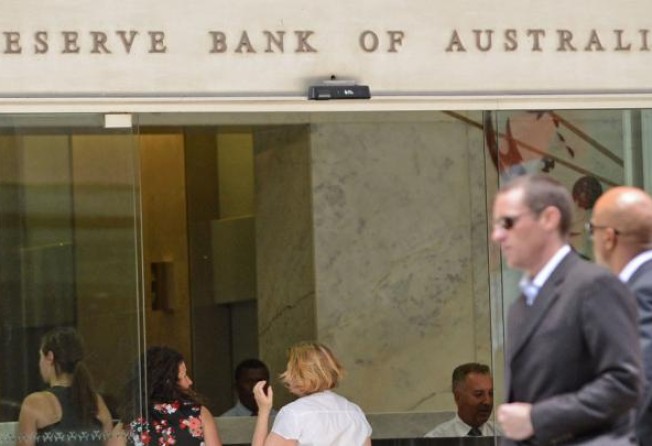IMF says Australia has room to lower interest rates

Australia has scope to lower its benchmark interest rate further and delay a return to budget surpluses this year should the global outlook deteriorate, the International Monetary Fund's executive board said.
"In the event of a sharp deterioration in the economic outlook, and revenue underperformance, delaying the return to surpluses could be an option, given Australia's modest debt-to-GDP ratio," IMF directors said in a statement in Washington. "Allowing automatic stabilisers to operate fully could also help relieve pressure on monetary policy."
Reserve Bank of Australia governor Glenn Stevens kept the key rate unchanged at 3.25 per cent on November 6 as inflation accelerates and the global outlook stabilises. The central bank cut borrowing costs by 1.5 percentage points from November last year to October to help cushion the economy against Europe's crisis and a slowdown in China that weakened commodity prices.
The Australian government has urged the central bank to loosen monetary policy as it bids for a A$44 billion (HK$352.8 billion) swing in the budget back to black before next year's election.
"Directors agreed that the current accommodative monetary stance is broadly appropriate," the IMF said. "They also concurred that there is scope for further easing if warranted by economic circumstances."
Traders are pricing in a 70 per cent chance the RBA will lower borrowing costs by another quarter percentage point to 3 per cent at next month's policy meeting, swaps data showed.
The IMF said the economy will grow 3.25 per cent this year, little changed from its forecast a year ago, according to the statement. Directors said Australia's floating exchange rate remains a "critically important element" in the nation's policy framework.
"However, that the Australian dollar, which remains moderately above its long-term average, has exerted pressure on non-mining tradeable sectors, widening the current account deficit and net foreign liabilities," the report said.